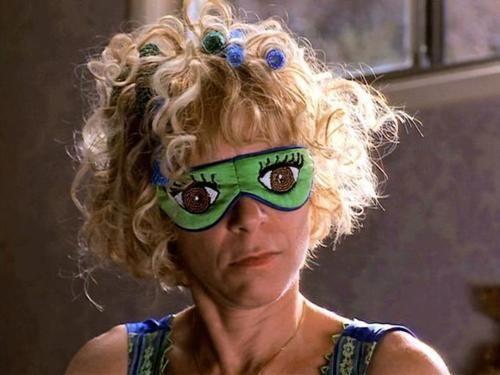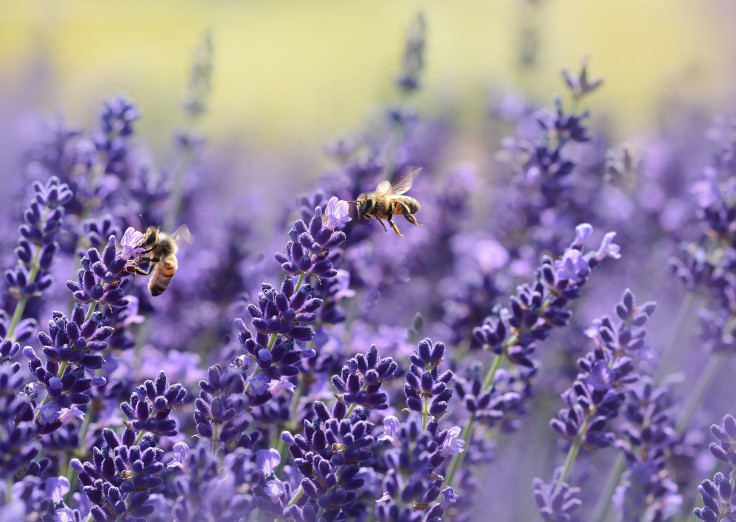5 Nap Tips For Bad Sleepers, From Smells To Smartphones

To nap or not to nap? That is the question. Research seems to be divided on how much sleep you should get to be at your healthiest.
Sleep, of course, is necessary for survival and people need their beauty rest if they want to think clearly, lower stress levels, keep their blood pressure stable and repair muscles and other tissue. What remains unclear is how many hours of sleep you should log every day. Some research has shown that sleeping fewer than seven hours or more than nine at night are both detrimental, and linked to serious conditions like heart disease, stroke, diabetes, obesity and depression. On the other hand, one recent study found that napping for about an hour after lunch keeps older people sharp, making them more able than their non-napping counterparts to perform basic math problems, memorize and recall words, or copy simple geometric drawings.
Read: Strange Things Your Body Does in Its Sleep
Some of us, however, may want to take advantage of the potential health benefits of a siesta but are just terrible sleepers. We’re lucky if we can snooze at night, much less in the middle of the day. But with a little practice and some helpful hints, we can make our napping dream a reality.
Put away the phone
Constantly staring at screens hurts our ability to sleep because blue light “affects levels of the sleep-inducing hormone melatonin more than any other wavelength,” Scientific American explains. When used right before bed, research shows, screens could be causing us to sleep less efficiently and for fewer hours. If you are having trouble napping in the afternoon, try putting away the phone for a certain amount of time before you hit the hay. You could also cut out other light that may prevent you from sleeping with a sleep mask.
White noise & ear plugs
For light sleepers, the proper sound environment is crucial. If you want to prevent noise from waking you up or keeping you from falling asleep, a white noise machine could do the trick. Since it’s “not the noise itself that wakes you up, per se, but the sudden change or inconsistencies in noise that jar you,” according to Popular Science, white noise “creates a masking effect, blocking out those sudden changes that frustrate light sleepers, or people trying to fall asleep.” In the absence of a special machine, you could try a fan. Ear plugs will also help reduce noise, and they can make you feel like you are in your own little cocoon.
Meditation
One of the difficulties of napping is setting aside your worries long enough to do it. Meditation can help. The Huffington Post recommends exercises like focusing on your breaths; mentally scanning your body for tense spots and loosening them one by one; visualizing something relaxing; or using a guided meditation.
Smell something
According to Time magazine, people who “fell asleep to the smell of lavender, they slept better and woke up feeling more alert.” The lavender scent could come from a scented candle, a vase of flowers or even a face cream. “And if you smell lavender every time you nap or sleep for the night, your brain will quickly connect the dots and know that it’s time to snooze when you get a whiff of the fragrance.”

Stick to the routine
That brings us to consistency — few things are better for your sleep than training your body by sticking to a routine. That means napping (and going to sleep in general) and waking up at the same time every day.
See also:
Published by Medicaldaily.com



























